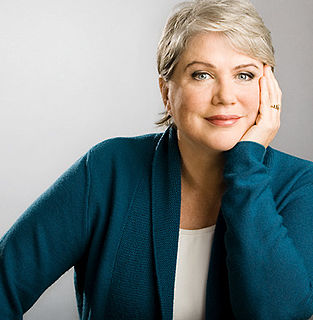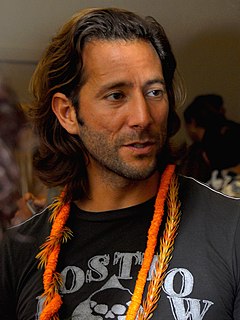A Quote by Studs Terkel
You happen to be talking to an agnostic. You know what an agnostic is? A cowardly atheist.
Related Quotes
I am an atheist. There, I said it. Are you happy, all you atheists out there who have remonstrated with me for adopting the agnostic moniker? If "atheist" means someone who does not believe in God, then an atheist is what I am. But I detest all such labels. Call me what you like - humanist, secular humanist, agnostic, nonbeliever, nontheist, freethinker, heretic, or even bright. I prefer skeptic.
An atheist, like a Christian, holds that we can know whether or not there is a God. The Christian holds that we can know there is a God; the atheist, that we can know there is not. The Agnostic suspends judgment, saying that there are not sufficient grounds either for affirmation or for denial. At the same time, an Agnostic may hold that the existence of God, though not impossible, is very improbable; he may even hold it so improbable that it is not worth considering in practice. In that case, he is not far removed from atheism.
I just became a stronger agnostic, and then I started to realize that everyone who was saying they were agnostic really hadn't thought about it that much. Still, I went with agnosticism for a long, long time because I just hated to say I was an atheist -- being an atheist seemed so rigid. But the more I became comfortable with the word, and the more I read, it started to stick.
People are invariably surprised to hear me say I am both an atheist and an agnostic, as if this somehow weakens my certainty. I usually reply with a question like, “Well, are you a Republican or an American?” The two words serve different concepts and are not mutually exclusive. Agnosticism addresses knowledge; atheism addresses belief. The agnostic says, “I don't have a knowledge that God exists.” The atheist says, “I don't have a belief that God exists.” You can say both things at the same time. Some agnostics are atheistic and some are theistic.
































